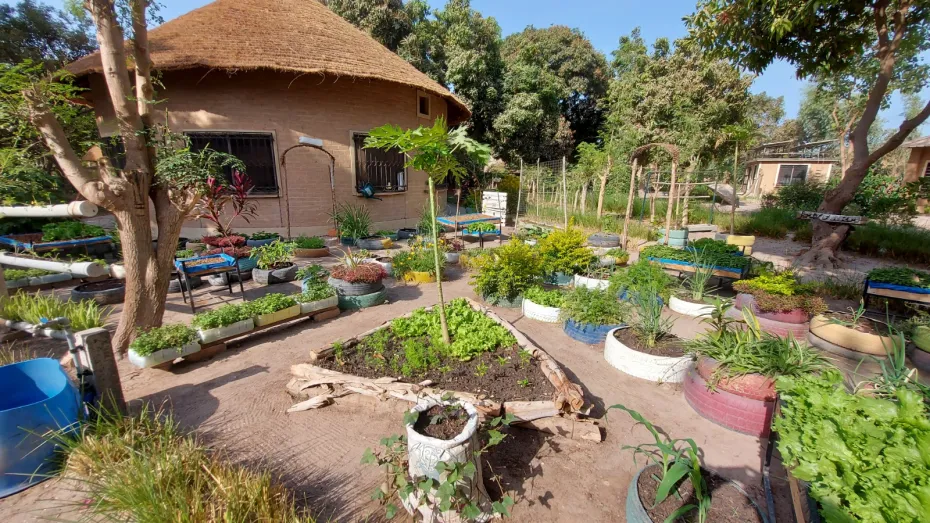
Table of Contents
- Climate-Smart and Sustainable Agriculture
- Agri-Fintech Revolutionizing Farming
- Smart Irrigation and Water Management
- Agricultural Education and Skills Development
- Circular Agriculture and Waste-to-Wealth Models
- Youth Engagement and Agripreneurship
- Post-Harvest Loss Reduction
- Agro-Industrialization and Food Processing
- Impact of the African Continental Free Trade Area (AfCFTA)
- Food Security and Resilience
- Conclusion
Introduction
Agriculture remains a cornerstone of both the Nigerian and African economies. With over 60% of the population engaged in farming and agribusiness, the sector plays a crucial role in food security, job creation, and economic growth. However, agriculture across the continent faces significant challenges, including climate change, land degradation, low productivity, and access to financing. As we move into 2025, several trends are shaping the future of agriculture in Africa, and Nigeria, in particular, is at the forefront of these changes.
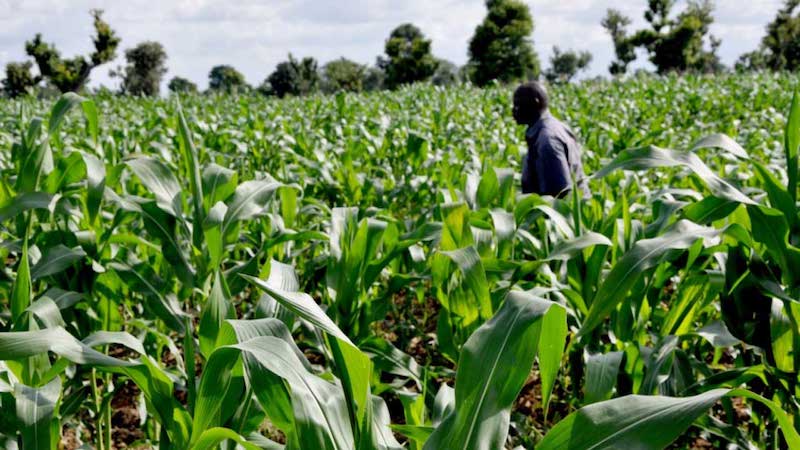
From sustainable farming practices to technological advancements, here’s a closer look at the agricultural trends set to define 2025 in Nigeria and across the African continent.
1. Climate-Smart and Sustainable Agriculture
As Africa grapples with the effects of climate change, sustainable agriculture is becoming more crucial than ever. Climate-smart practices, such as the use of drought-resistant crops, water conservation techniques, and soil health improvements, are now being widely adopted across diverse regions. While areas like the Sahel have long faced challenges such as desertification and irregular rainfall patterns, these issues are now extending to other parts of the continent, making these practices essential for farmers everywhere.
Emerging trends like home gardening are gaining traction as individuals seek to ensure household food security by growing their own produce using limited spaces. This practice not only reduces dependence on external food supplies but also promotes healthier and fresher diets.

Additionally, techniques such as intercropping (growing multiple crops together) and mixed cropping are becoming increasingly popular as they enhance biodiversity, improve soil fertility, and optimize land use. Agroforestry, which integrates trees with crops and livestock systems, is also making waves as a sustainable approach to mitigate the effects of climate change, restore degraded land, and increase farm productivity.
In Nigeria, the government has made strides with the National Agricultural Technology and Innovation Plan (NATIP), which aims to improve agricultural sustainability by diversifying practices and addressing environmental challenges. Farmers are also embracing organic and agro-ecological methods to preserve the land and ensure long-term productivity.
2. Agri-Fintech Revolutionizing Farming
The integration of financial technology (fintech) with agriculture is another transformative trend. Agri-fintech platforms are providing farmers with the tools they need to access credit, manage risks, and make informed decisions. In Nigeria, startups like Paylater and FarmCrowdy are using mobile-based applications to offer loans, insurance, and market access to smallholder farmers.
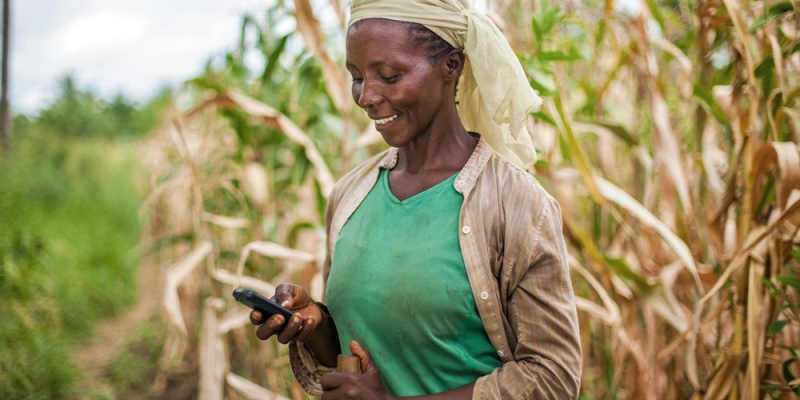
This trend is crucial for the millions of farmers who lack access to traditional banking services. With agri-fintech solutions, farmers can improve productivity, scale their operations, and ensure food security even in times of economic uncertainty.
3. Smart Irrigation and Water Management
With Africa facing increasingly unpredictable rainfall patterns due to climate change, water scarcity is a growing challenge for farmers. Even regions that historically enjoyed consistent rainfall are now experiencing irregularities, making smart irrigation technologies a critical solution across the continent. These systems, equipped with sensors, data analytics, and remote controls, optimize water usage, ensuring that crops receive the right amount of water while minimizing waste.
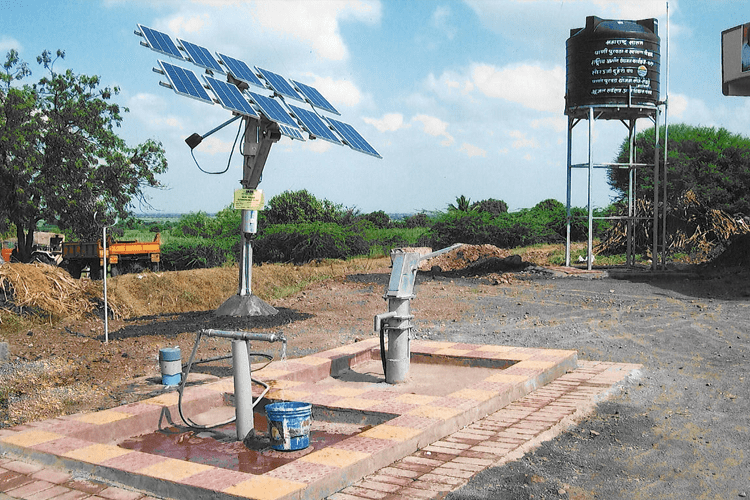
Emerging trends in 2025 include the integration of AI-powered irrigation systems that analyze weather data and soil conditions in real-time to make precise watering decisions. Furthermore, solar-powered irrigation pumps are gaining popularity, providing an eco-friendly and cost-effective alternative to traditional systems, especially in off-grid rural areas.
In regions like Northern Nigeria, where droughts and water shortages are more frequent, and in areas now unexpectedly affected by erratic rainfall, these technologies offer farmers a way to maximize yields and safeguard their livelihoods. Rainwater harvesting systems, coupled with smart irrigation, are also gaining traction as a sustainable method for capturing and storing water for agricultural use.
With these innovations, African farmers are better equipped to tackle the challenges of water scarcity and climate variability, ensuring resilience and productivity in the face of ongoing environmental changes.
4. Agricultural Education and Skills Development
Investing in agricultural education is crucial to building a robust and sustainable farming industry. Across Africa, and especially in Nigeria, universities, vocational training centers, and agribusiness incubators are offering programs to equip the next generation of farmers with modern farming skills and business management techniques. These initiatives aim to attract young people to agriculture, ensuring that the sector doesn’t suffer from an aging farmer population. Educating the youth about new farming technologies and business practices is key to future-proofing agriculture in the region.

One of the prominent initiatives in Nigeria is the HTSF Global training programs. This initiative focuses on empowering farmers and agripreneurs by providing them with access to technical training in modern agricultural practices.
The HTSF initiative aims to equip farmers with the knowledge to improve their skills, productivity and profitability, using technology and innovation in agriculture.
5. Circular Agriculture and Waste-to-Wealth Models
Circular agriculture, which focuses on recycling agricultural waste into valuable resources, is gaining momentum in Africa. This approach involves converting by-products from farming into resources such as compost, biogas, and fertilizers, helping farmers reduce waste while improving productivity.
One of the emerging waste-to-wealth innovations is the use of rabbit urine as a fertilizer. Rich in essential nutrients like nitrogen, potassium, and phosphorus, rabbit urine is becoming a popular and cost-effective organic fertilizer among farmers. Similarly, decomposing organic matter such as crop residues and livestock manure into high-quality compost or manure is transforming waste into a resource that enhances soil fertility.
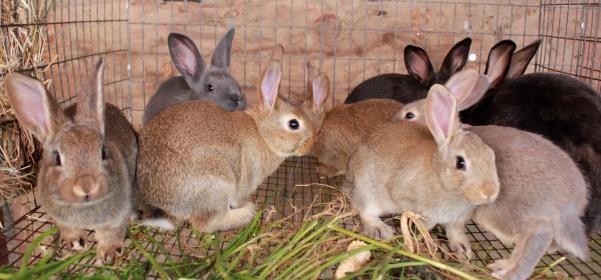
Another innovative practice includes the fermentation of food waste to produce bio-based fertilizers and biogas, offering dual benefits of renewable energy generation and soil enrichment. Technologies for extracting nutrients from aquaculture by-products, such as fish scales or wastewater, are also creating new opportunities in nutrient recycling.
For example, turning agricultural waste into organic fertilizers not only improves soil health and crop yields but also reduces the need for chemical inputs. This, in turn, lowers costs for farmers while promoting sustainable food production systems. In rural communities where waste management has been a persistent issue, these models offer economic, environmental, and social benefits.
By embracing these uncommon but impactful waste-to-wealth solutions, African farmers are contributing to the creation of circular food systems that align with global sustainability goals.
6. Youth Engagement and Agripreneurship
Attracting youth to agriculture is crucial for its future growth. With Africa’s rapidly expanding young population, there is a growing emphasis on agripreneurship as a pathway to economic empowerment and sustainable development. Governments, private sector players, and non-governmental organizations are increasingly offering grants, mentorship programs, and access to technology to help young people establish successful agribusinesses.

In Nigeria, youth-driven agribusiness initiatives are flourishing. Programs like the Nigerian Youth in Agriculture Program (NYAP) aim to create employment opportunities and reduce youth unemployment by equipping young Nigerians with the skills, funding, and resources needed for success in farming and agribusiness.
Empowering youth with the tools to succeed in agriculture is not only critical for creating jobs but also vital for ensuring food security and economic growth across the continent. By leveraging programs like these, young agripreneurs are emerging as key players in shaping the future of African agriculture.
7. Post-Harvest Loss Reduction
Post-harvest losses remain a significant challenge in African agriculture. Inadequate storage facilities, poor transportation infrastructure, and spoilage account for a large percentage of food waste. However, innovative solutions are being developed to address this issue. Technologies like hermetic bags, cold storage units, and cold chain logistics are helping farmers preserve their produce and minimize waste.
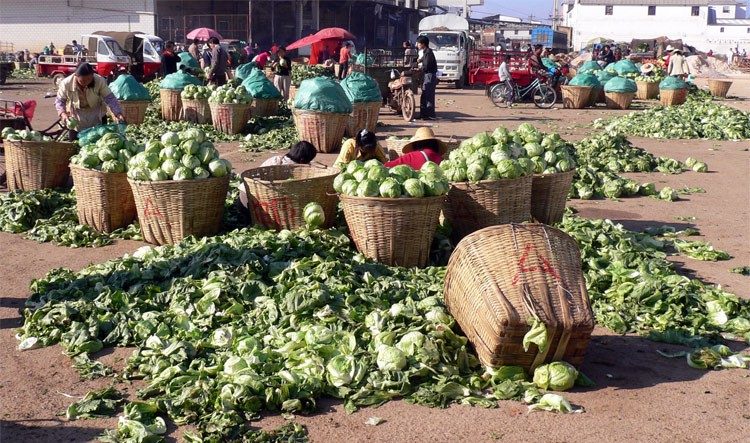
Improving post-harvest handling can have a major impact on food security, ensuring that more produce reaches consumers without loss. Investments in storage and transportation infrastructure are essential to improving market access and reducing food insecurity in the region.
8. Agro-Industrialization and Food Processing
Agro-industrialization, which focuses on adding value to raw agricultural products through processing, is rapidly gaining traction across Africa. By processing crops like cassava, maize, cocoa, baobab, sweet potatoes, and millet into finished products, Africa can boost its agricultural output, create jobs, and expand export markets.
Here are the crops mentioned and examples of their finished goods:
- Cassava: Processed into garri, cassava flour, tapioca, ethanol, and industrial starch, used in food, beverage, and pharmaceutical industries.
- Maize: Transformed into corn flour, cornmeal, breakfast cereals, animal feed, high-fructose corn syrup, and bioethanol.
- Cocoa: Used to produce chocolate, cocoa powder, cocoa butter, and other confectionery products.

- Baobab: Processed into baobab powder for health supplements, juices, ice creams, and skincare products due to its high vitamin C and antioxidant content.
- Sweet Potatoes: Made into sweet potato flour, chips, starch, and innovative products like sweet potato-based noodles and bakery items.
- Millet: Processed into millet flour, instant porridges, ready-to-eat snacks, and gluten-free baked goods, catering to health-conscious markets.
In Nigeria, the government is heavily promoting the agro-processing sector to diversify the economy and reduce reliance on oil exports. Investments in local processing facilities are enabling rural communities to participate in value-added production, thereby creating jobs and improving livelihoods.
By capitalizing on the processing of these crops, Africa can not only meet growing domestic and international demand for high-value agricultural products but also position itself as a leader in the global agro-industrial landscape.
9. Impact of the African Continental Free Trade Area (AfCFTA)
The African Continental Free Trade Area (AfCFTA) will have a profound impact on agricultural trade across the continent. By eliminating trade barriers and promoting regional integration, AfCFTA will open up new markets for agricultural products and encourage investment in agricultural infrastructure.
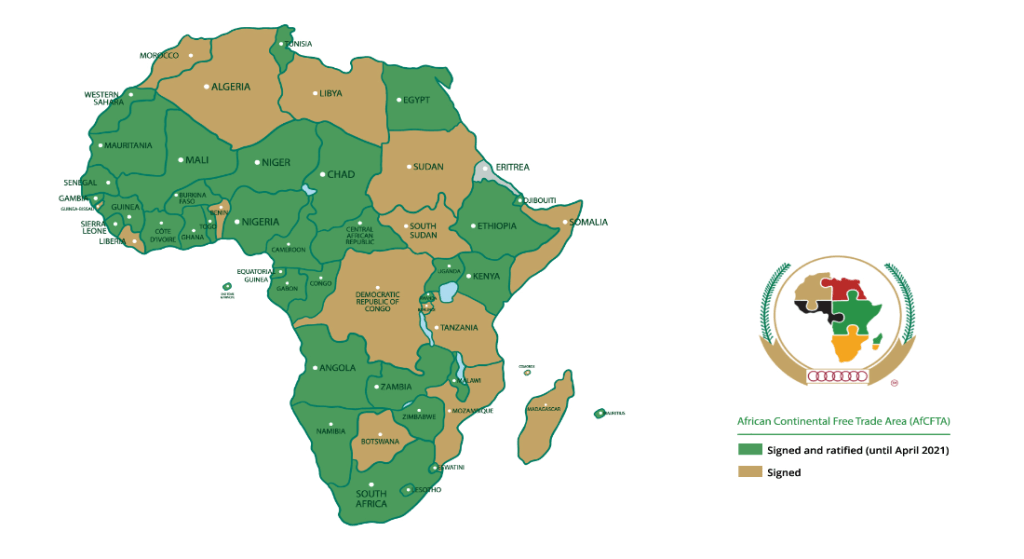
For Nigerian farmers, this presents an opportunity to expand their reach across Africa, making the continent more interconnected and reducing dependency on external markets. With easier access to trade routes, African agriculture will become more competitive on the global stage.
10. Food Security and Resilience
Finally, ensuring food security remains a top priority for African countries. As global supply chains become more disrupted, nations are investing in building resilient local food systems.
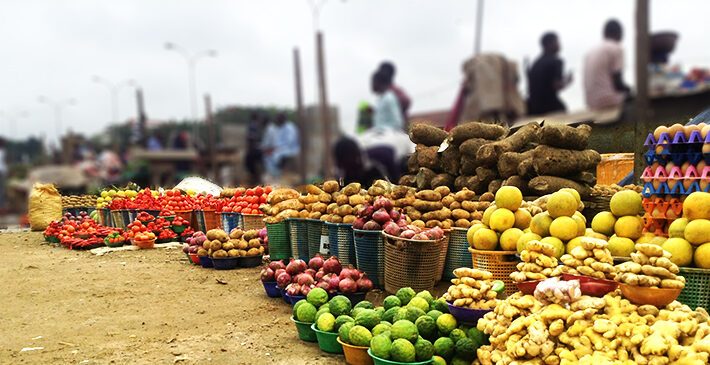
This involves increasing local food production, improving storage and preservation techniques, and investing in research to boost crop yields and minimize dependency on food imports.
Countries like Nigeria are implementing policies to ensure that food remains affordable and accessible to all citizens, even in times of crisis.
Conclusion
The agricultural landscape in Nigeria and Africa is evolving rapidly. From climate-smart farming practices to the rise of agri-fintech, these trends reflect a new wave of innovation that is reshaping the sector. With the right investment in technology, education, and infrastructure, African agriculture can overcome its challenges and thrive in 2025 and beyond.

These trends not only promise a more sustainable agricultural future but also provide the opportunity to unlock economic growth, improve food security, and create jobs across the continent.
References
- National Agricultural Technology and Innovation Plan (NATIP)
- Debate on Green Revolution in Africa’s Agriculture
- Nigeria’s Senate Seeks to Criminalize Corn Exports
- Agri-Fintech Solutions for Farmers
